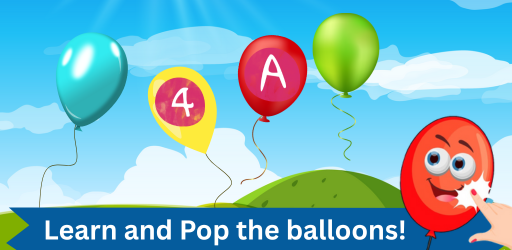How to Become a Primary School Teacher
Elementary school educators specialize in foundational education, typically instructing students from kindergarten to fifth or sixth grade, depending on the regulations of the specific state or district. In some regions or educational systems, elementary schooling may also encompass pre-kindergarten and extend to seventh and eighth grades (K-8).
Have strong communication skills for interacting with young learners and the creativity and adaptability to develop dynamic lesson plans catering to student abilities. Here are tips to help you become a teacher:
Acquire an Appropriate Education
Most prospective primary school educators opt for early education as their major, but you may also consider other relevant fields, such as education or early childhood development. Regardless of your chosen institution, confirming that it’s authorized to train teachers for classroom settings is vital.
Some colleges hold different accreditations from the Council for the Accreditation of Educator Preparation (CAEP). While a bachelor’s degree is the minimum requirement, some educators choose to pursue masters in teaching online to enhance their qualifications and career prospects.

Mental Math App for Kids
The mental math games are all about the ability of thinking and solving a problem in your head. It builds that critical thinking in a child’s mind and makes him able to deduce solutions to different problems.
Gain Practical Experience
Most teacher preparation programs include student teaching or practicum experiences that allow you to work with real students under the guidance of experienced educators. You will apply the teaching methods and strategies you’ve learned in your coursework. Pay close attention to classroom management, lesson planning, and effective teaching techniques during your student teaching or practicum.
Approach your student teaching experience with enthusiasm and a commitment to continuous learning. Work as a substitute teacher to gain experience and get a feel for different classrooms and teaching styles. Volunteer to build your resume and demonstrate your commitment to the field.
Develop Key Skills and Qualities
You need to cultivate specific skills and qualities that are essential for success in the classroom:
- Organizational skills: Keeping track of lesson plans, assignments, student progress, and classroom materials requires strong organizational skills.
- Adaptability: Classrooms are dynamic environments, and no two days are alike. An effective primary school teacher must be adaptable and able to adjust lesson plans and teaching strategies to meet the diverse needs of students.
- Time management: Time is a precious resource in a classroom setting. Effective teachers must manage their time well to cover the curriculum, allocate enough time for various activities, and ensure students stay engaged.
- Positive classroom management: Establishing clear expectations and classroom rules and fair and consistent consequences is crucial for maintaining discipline while fostering a respectful and inclusive atmosphere.
- Passion for teaching: A genuine passion for education and a love for working with children are at the core of being a thriving primary school teacher.
Acquire a Teaching License or Certification
To become a public school teacher, it is necessary to fulfill the requisite steps and secure a license or certification. The type of certification obtained depends on the grade level intended to be taught. The rules governing certification and licensure differ from state to state.
Most states mandate that aspiring teachers pass a general teaching certification test and tests in the subjects they wish to teach. Some regions also require teachers to pass subject-specific exams, such as the Praxis tests in the United States. Research the exact certification process in your area and work diligently to meet all the necessary criteria.
It’s worth mentioning that private school teachers do not need state licensure. However, many private schools insist that their teachers possess valid state certification. Therefore, it is commonly advised that all teachers secure the relevant license or certificate from their respective states to ensure they have a wide range of employment opportunities.
Apply for Teaching Positions
Opportunities to teach at the primary school level can arise in public or private schools, charter schools, or even international institutions, contingent upon your preferences and qualifications.
Tailor your application materials to each position and school, emphasizing how your skills and experience align with their needs. Remain open to opportunities in both public and private schools, as well as diverse geographic locations.
When you secure an interview for a teaching position, be prepared to demonstrate your teaching skills and discuss your educational philosophy. This may involve conducting a demonstration lesson before a panel of educators or administrators.
Develop Good Relationships
These relationships encompass interactions with students, colleagues, parents, and the community:
Connect with students: Create a welcoming and supportive classroom environment where students feel valued and respected.
Collaborate with colleagues: Collaborate with fellow teachers, educational specialists, and administrators. Sharing ideas and best practices can enhance your teaching skills and promote a positive school culture.
Engage with parents: It is imperative to constantly communicate with guardians or parents, ensuring that they receive regular updates on their child’s progress and address any concerns or questions they may have.
In the community: Engage with the local community through outreach activities and involvement in school events.
Endnote
To become a primary school teacher, acquire the proper education, gain practical experience, develop crucial skills and qualities, obtain certification, apply for positions, and foster positive relationships. Tailor your application materials and demonstrate your passion for education.









